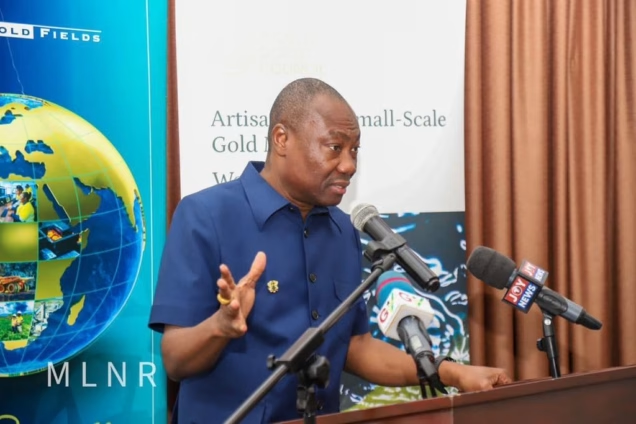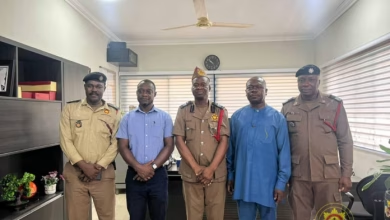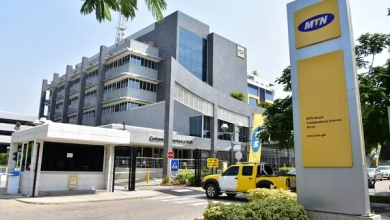Minerals Commission CEO: Suspending Licenses Not a Solution to Galamsey

- Suspension of licenses won't stop galamsey
- Delays drive illegal mining
- No to blanket ban on small-scale mining
- Streamlined licensing process preferred
The Minerals Commission of Ghana has rejected the idea of suspending mining license issuance as a way to combat illegal mining, also known as galamsey. According to the Commission, delays in processing licenses actually make the problem worse. This is because individuals who are unable to obtain licenses legally are more likely to turn to illegal mining activities, which can cause significant harm to water bodies and forest reserves.
Martin Ayisi, the CEO of the Minerals Commission, recently explained this position to the Government Assurance Committee of Parliament. He emphasized that addressing galamsey is crucial, but suspending licenses for legitimate miners would create an opportunity for illegal operators to exploit.
Ayisi shared that when his minister took office in 2021, one of the first directives was to reduce delays in issuing licenses. To achieve this, the Commission went digital, allowing applicants to upload their documents and receive inspections within a week or two. This streamlined process has helped minimize the incentive for individuals to engage in illegal mining.
However, Ayisi also acknowledged that even with licensed miners, there are still issues to address. He emphasized that simply withholding licenses is not a solution, as it drives individuals to illegal activities.
The CEO also expressed concerns about calls for a total ban on small-scale mining in Ghana. He argued that such a ban would unfairly punish law-abiding miners who have invested in their operations.
Ayisi suggested that a blanket ban would be improper, as it would deny people the opportunity to mine lawfully. He understands the frustration and anger of Ghanaians but believes that a more nuanced approach is necessary.
The issue of galamsey is complex, with many factors contributing to its persistence. The Minerals Commission’s stance highlights the need for effective regulation and enforcement.
In 2017, the Minerals Commission considered suspending new licenses for small-scale mining to overhaul the sector and address galamsey. However, the current approach focuses on streamlining the licensing process and addressing underlying issues.
The Commission’s efforts aim to strike a balance between supporting legitimate mining operations and combating illegal activities.
By addressing the root causes of galamsey and promoting responsible mining practices, Ghana can work towards a more sustainable and environmentally-friendly mining sector.






